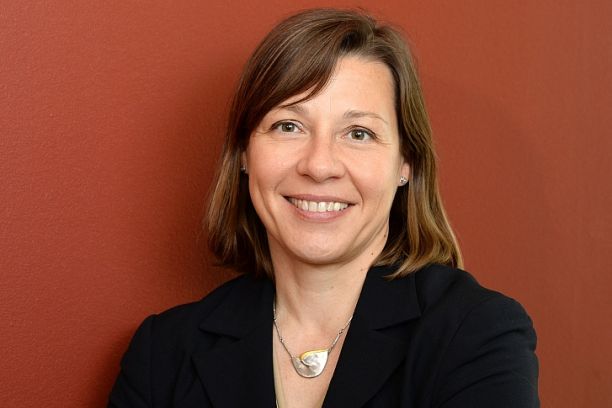
News
Körber-Stiftung/David Ausserhofer
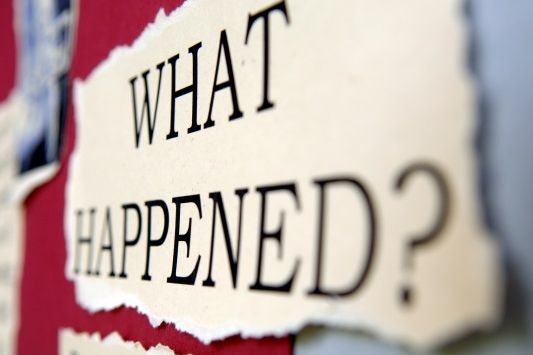
EUSTORY Annual Network Meeting in Denmark in Cooperation with EUROCLIO
Read more … EUSTORY Annual Network Meeting in Denmark in Cooperation with EUROCLIO
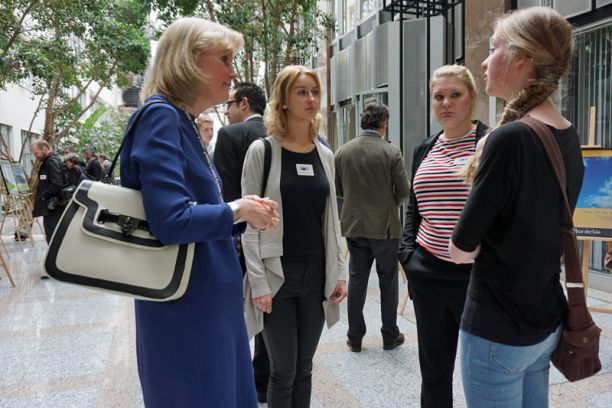
Opening of the Balticeye Exhibition in Brussels
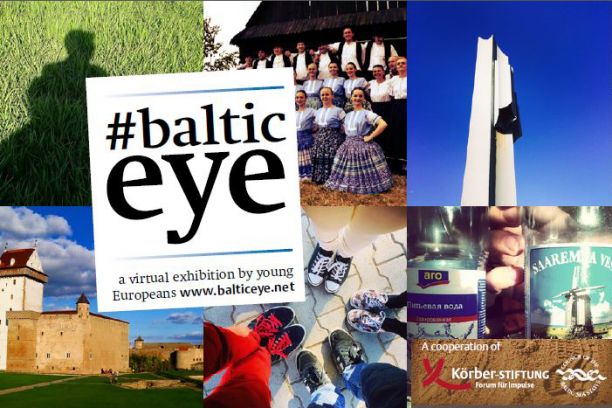
Balticeye Exhibition at the European Commission in Brussels
Read more … Balticeye Exhibition at the European Commission in Brussels
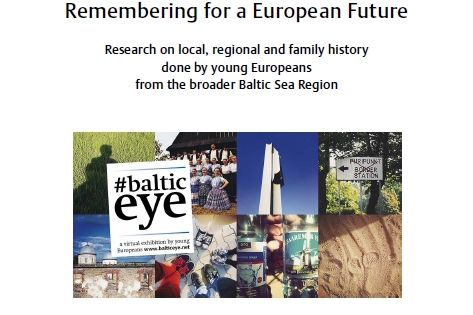
Brochure “Remembering for a European Future” - Available Online Now
Read more … Brochure “Remembering for a European Future” - Available Online Now
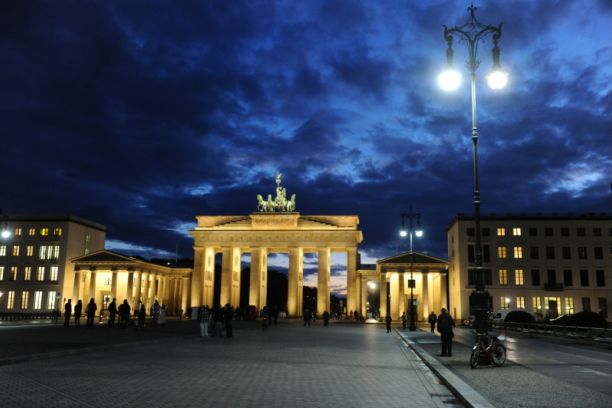
Children of the Revolution – Young Europeans discuss the Importance of 1989
Read more … Children of the Revolution – Young Europeans discuss the Importance of 1989
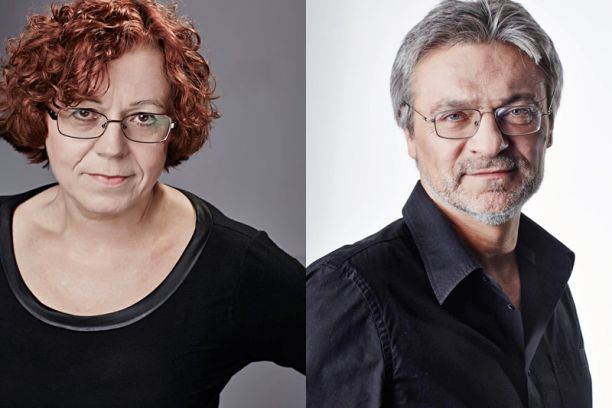
European Remembrance of 1989 - A Polish Perspective
Read more … European Remembrance of 1989 - A Polish Perspective
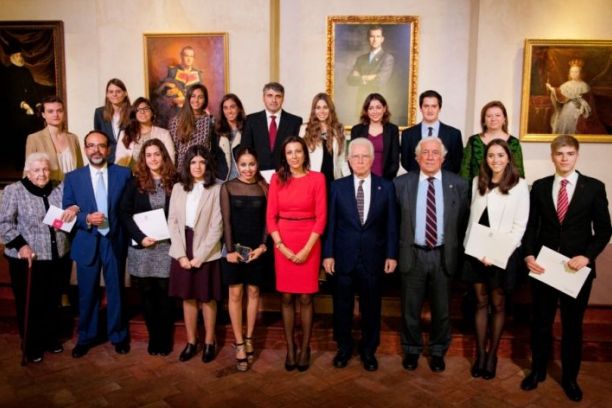
Iberian Award Ceremony 2014
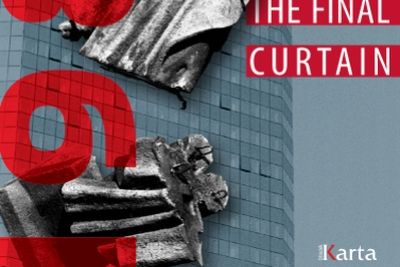
The Final Curtain – New KARTA Publication on the Events of 1989
Read more … The Final Curtain – New KARTA Publication on the Events of 1989
